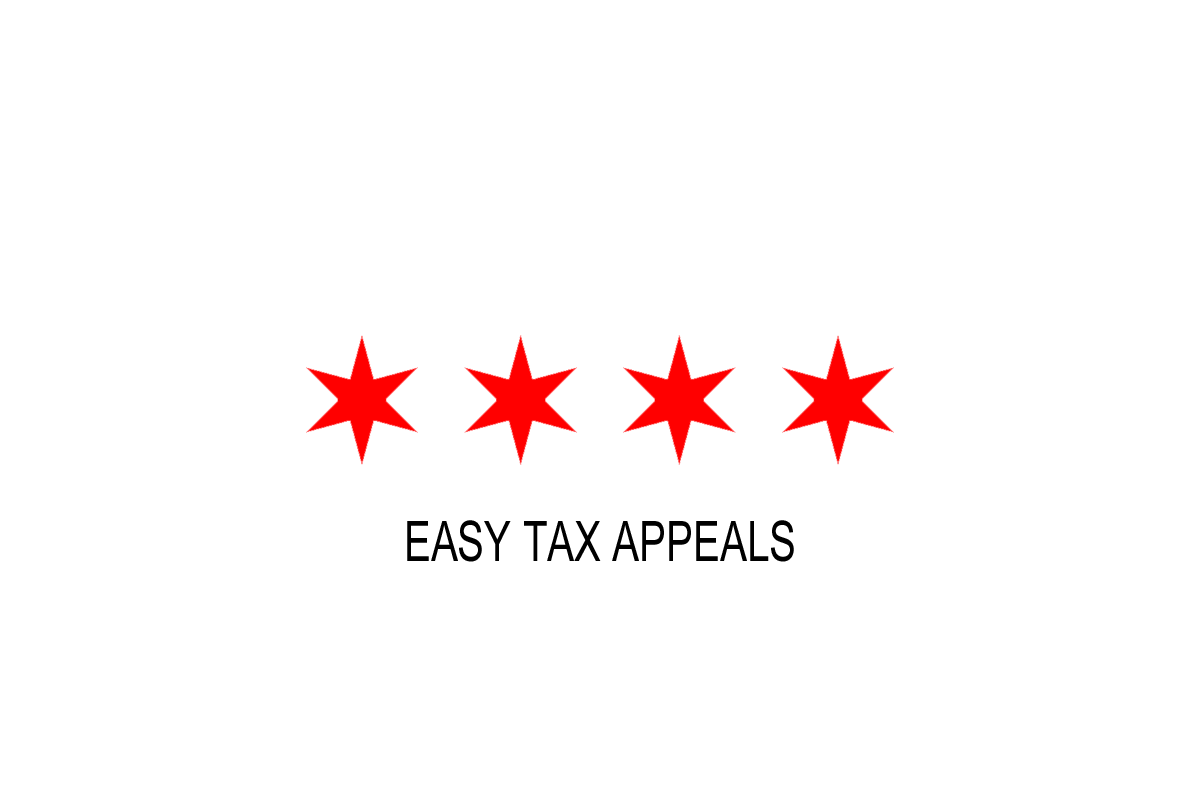How is Your Property Tax Bill Calculated?
Calculating Your Residential Property Tax Bill
Assessed Value (10% of Fair Market Value) X State Equalizer X Local Tax Rate = ACTUAL TAXES OWED (Your Homeowner's Exemption is deducted from this total amount on your Second Installment bill).
Before getting to actual calculations, some helpful info:
- PROPERTY TAXES ARE PAYABLE IN ARREARS! In other words, your 2017 property taxes are payable in 2018. Your First Installment bill issued in 2018 is an ESTIMATE of your tax bill based on your 2016 assessed value. Any reductions in assessed value as the result of an appeal will not be reflected until your SECOND INSTALLMENT BILL.
- Even if you received a reduction as the result of an appeal, your property taxes may still be significantly higher than they were previously. In part, this is because the "reduction" reflects the amount of taxes saved had the original assessed value increased as originally proposed. Unfortunately, your assessed value could have increased 35% as a result of the reassessment but, after appeal, the increase was only 20%. So, while you saved money on potential taxes, your assessed value still increased by 20%. Coupled with a local property tax RATE increase and an increased state equalizer, your second installment bill may be significantly higher than last year's bill and/or your first installment bill.
- The Cook County Assessor does not set tax rates or decide the dollar amount of your tax bill; he determines only a "Market Value" (MV) for your property and, for taxation, uses 10% of its value as the "Assessed Valuation" (AV).
- The State Equalization Factor/Multiplier ("State Equalizer") is then applied to the AV, and this creates the Equalized Assessed Value(EAV) for the property. After any qualified property tax exemptions are deducted from the EAV, your local tax rate is applied to compute the dollar amount of your property taxes. Local tax rates vary from year to year and are not necessarily the same throughout a township.
- If you believe your home's Assessed Value should be lower, the Cook County Assessor ENCOURAGES you to file an appeal. Homeowners do not need an attorney to file an appeal. However, having an attorney file an appeal on your behalf is usually a good idea. Attorneys who do this type of work regularly know what information is important, can access comparable properties quickly, and help you understand why you may have a good (or not so good) basis for appeal. Your appeal is an important step in ensuring that no one pays more than his or her fair share of property taxes.
The following is an example of how an estimated tax bill is calculated.
$100,000 Market Value x 10% = $10,000 ASSESSED VALUE
x2.8032 (STATE EQUALIZER FOR 2017) = $28,032
x.07145 (SAMPLE LOCAL TAX RATE - RATES VARY GREATLY) = $2,003.89
FIRST INSTALLMENT "ESTIMATED" BILL = 55% OF PREVIOUS YEAR'S ASSESSED VALUE
SECOND INSTALLMENT BILL = 45% OF ASSESSED VALUE (FOLLOWING ANY REDUCTION IN ASSESSED VALUE RESULTING FROM APPEAL) MINUS ANY HOMEOWNER'S OR SENIOR EXEMPTION.
If you live in the City of Chicago (only), a quick and easy way to figure out your YEARLY taxes on a ROUGH basis...For every $100,000 in house value, it's about $2,000 in property taxes.
Please contact me at Lauren@easytaxappeals.com if you need my assistance for your appeal or to answer your property tax questions. Be sure to include your complete property address, PIN (if you know it), and, if you purchased within the last 3 years, your date of purchase and purchase price. My analysis is completely free!
